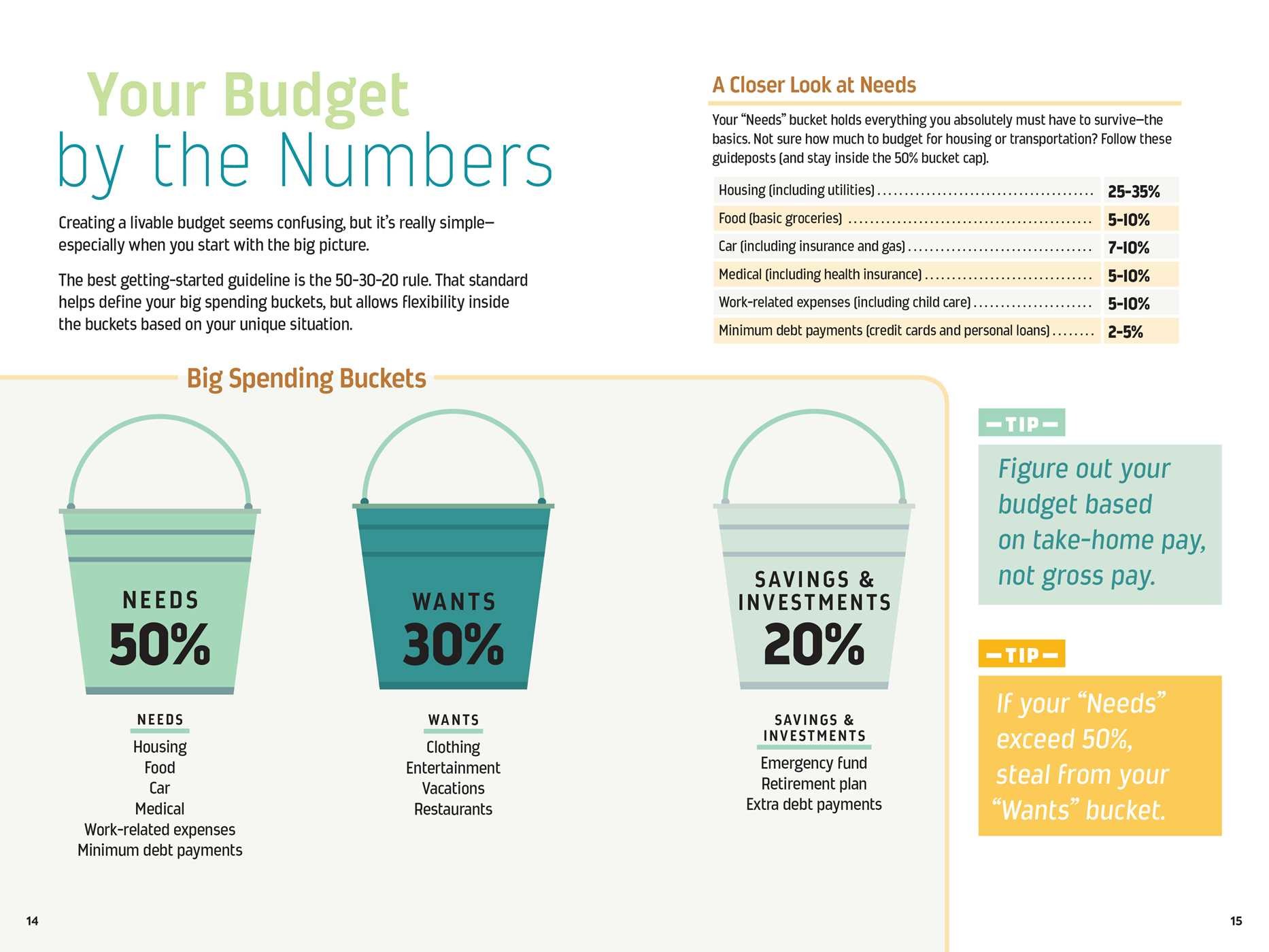Unlock To Understanding Performance Bonds And Find Just How They Can Safeguard Your Building Projects
Unlock To Understanding Performance Bonds And Find Just How They Can Safeguard Your Building Projects
Blog Article
Web Content Writer-McCollum Hogan
When you're navigating the construction sector, recognizing performance bonds is crucial. These monetary devices can substantially influence your projects, whether you're a specialist looking for trustworthiness or a client wanting assurance. They make certain that commitments are satisfied and can protect your investments. But how do you figure out which type of bond matches your requirements best? Let' bonds and insurance out the nuances and advantages that performance bonds can offer your building and construction endeavors.
What Are performance bonds and Exactly How Do They Work?
When you enter a contract for a construction job or solution, you may run into a performance bond, which works as a safety net. This bond is a guarantee that the contractor will complete the project according to the agreed terms.
If the professional stops working to fulfill their commitments, the bond secures you by giving monetary settlement. Essentially, a surety company backs this bond, guaranteeing that you won't lose money if things go wrong.
The contractor pays a premium for this bond, showing their commitment to high quality job. Recognizing exactly how performance bonds work provides you satisfaction, recognizing that your financial investment is safeguarded.
It's vital to read the bond terms thoroughly and ensure it lines up with your task requirements.
Kinds Of performance bonds in Construction
performance bonds come in different kinds, each created to fulfill particular requirements in construction tasks.
The most common type is the bid bond, which assures the owner that the contractor will honor their bid and participate in a contract if chosen.
Then there's the performance bond, which guarantees that the specialist will finish the job according to the agreement terms.
You could also encounter payment bonds, making certain subcontractors and distributors are paid for their work and products.
Lastly, upkeep bonds cover fixings and maintenance after job completion, protecting the owner from defects.
Recognizing how to get bonds helps you select the ideal bond for your project, making sure economic security and project success.
Advantages of performance bonds for Service Providers and Clients
While protecting a performance bond could feel like an added expense, the benefits it supplies both contractors and clients far outweigh the prices.
For contractors, a performance bond boosts integrity, showcasing your commitment to finishing tasks on schedule and within budget plan. you could try these out can open doors to larger contracts, as customers often prefer bonded contractors for assurance.
For clients, performance bonds provide financial security. If a contractor stops working to meet their responsibilities, the bond makes sure that funds are readily available to cover any kind of losses or finish the job with one more service provider.
This safety net fosters depend on and urges smoother job implementation. Eventually, performance bonds produce a win-win situation, guaranteeing liability and satisfaction for everybody included.
Verdict
To conclude, comprehending performance bonds is essential for both specialists and customers in the construction industry. By recognizing how these monetary instruments job and the various types available, you can make enlightened choices that align with your task needs. Whether you're aiming to enhance your reputation as a service provider or seeking economic protection as a customer, performance bonds foster count on and liability, inevitably leading the way for successful project implementation and security for every person entailed.
